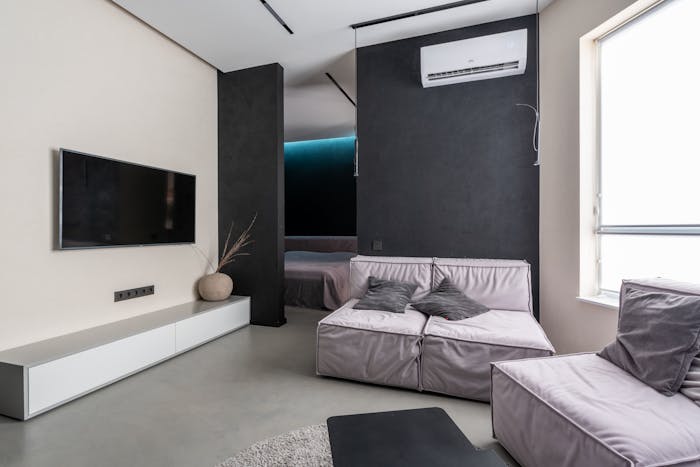Replacing an air conditioner unit can feel like a major step toward comfort and efficiency. Yet the process is rarely as straightforward as it looks. Homeowners often rush into decisions that lead to unnecessary expenses later on.
Small oversights, overlooked details, or poor choices in equipment can all inflate the final bill. Factoring in details such as the cost of air conditioner fan replacement helps create a realistic picture before work begins. Careful planning ensures a new installation delivers lasting value instead of hidden costs.
1. Underestimating the True Replacement Costs
The biggest mistake is assuming the price tag on the unit covers everything. In reality, added expenses like labor, ductwork modifications, permits, and extra materials can raise the total far more than expected. Homeowners often overlook these hidden charges until the final bill arrives.
Without a clear breakdown before work begins, costs can spiral quickly. A thorough estimate and realistic budgeting help prevent unpleasant surprises. Planning ensures every potential expense is considered, making the investment far more manageable.
2. Choosing the Wrong Size for the Home
Many believe a bigger system automatically means better cooling, but that assumption is costly. An oversized unit cycles on and off too frequently, wasting energy and wearing out components. A unit that’s too small struggles constantly, raising energy bills while never reaching the desired temperature.
Proper sizing requires precise calculations that take into account square footage, insulation, and climate. Skipping this step guarantees poor performance and higher long-term costs. Expert evaluation is the only way to make sure the system fits the home perfectly.
3. Ignoring Energy Efficiency Ratings
Another common oversight is buying a unit without considering efficiency. Air conditioners are rated for how much energy they use, and low-efficiency models may be cheaper upfront but drain money over time. Selecting a system with a strong efficiency rating ensures lower monthly bills while reducing strain on the equipment.
Over the lifespan of the unit, this choice can mean thousands in savings. Efficiency is a crucial detail and should be treated as a central factor in smart purchasing. Long-term performance depends heavily on making efficiency a priority from the start.
4. Overlooking Professional Installation Standards
Cutting corners on installation is one of the fastest ways to ruin a good investment. Improper setup can lead to refrigerant leaks, poor airflow, and premature breakdowns. Professionals follow strict guidelines to ensure every part of the system is calibrated correctly.
Homeowners who rely on untrained help often spend more later fixing mistakes than they saved upfront. Proper installation is just as important as choosing the right unit itself. A high-quality system can fail quickly if it is installed poorly.
5. Neglecting Future Maintenance Plans
Once a new unit is installed, it is easy to assume the work is finished. However, air conditioners require consistent maintenance to stay efficient and reliable. Skipping regular service visits often leads to breakdowns during peak summer months, when repair costs are highest.
A maintenance plan ensures filters, coils, and moving parts remain in good condition. Households that commit to this step protect their investment and avoid unnecessary repair bills. Maintenance is a safeguard that preserves both comfort and savings year after year.
Replacing an air conditioner requires more than simply buying a new system. Oversights like ignoring efficiency ratings, choosing the wrong size, or underestimating added expenses can turn a major purchase into an ongoing financial burden. Factoring in details such as the cost of air conditioner fan replacement helps create a realistic budget and prevents sticker shock. For homeowners ready to make the switch, careful planning ensures the new unit delivers comfort without draining resources. Taking time to avoid these mistakes is the best way to get lasting value from a replacement.
When replacing your air conditioner, it’s crucial to choose a reputable service provider to ensure a smooth installation process. For those in the Largo area, considering a local expert can make a significant difference. Opting for a trusted hvac largo service can help you avoid common pitfalls such as improper sizing or installation errors, which can lead to inefficiencies and increased costs. By selecting a reliable local service, you can ensure that your new system is installed correctly, maximizing its lifespan and performance.


